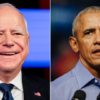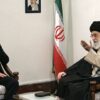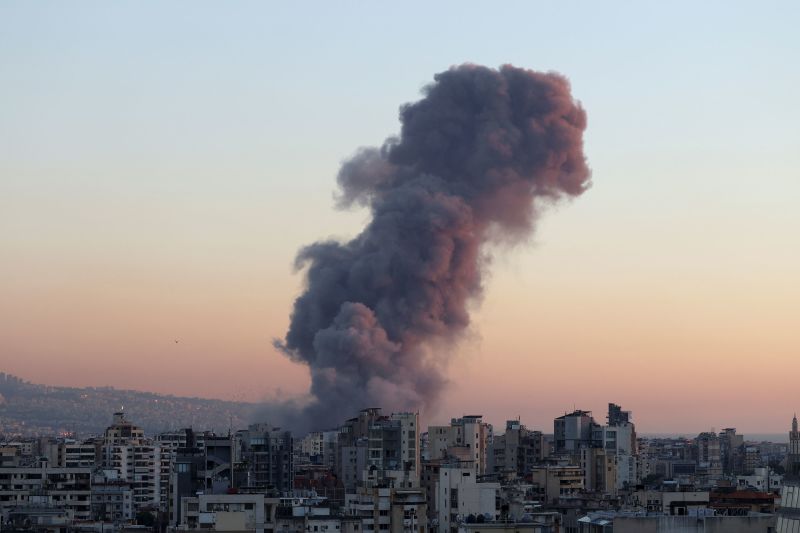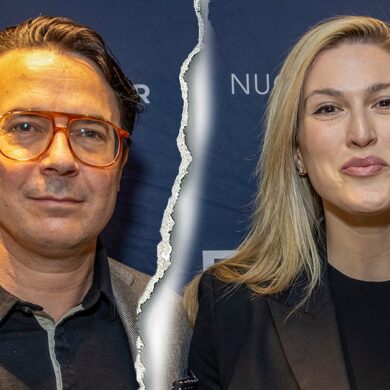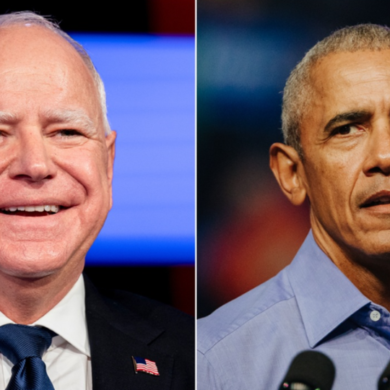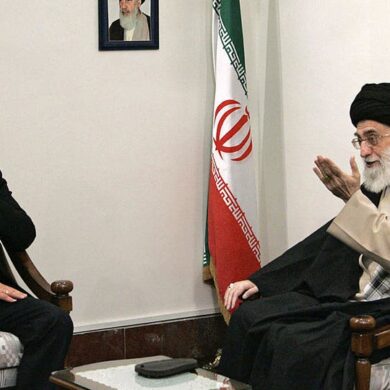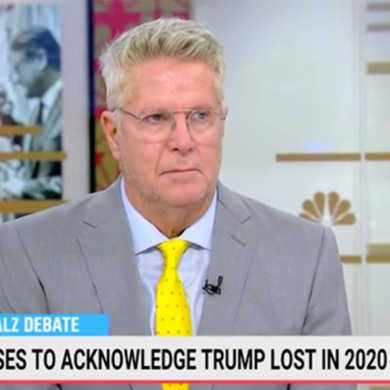### Hezbollah’s Response to Leader’s Death and Israel’s Next Move
Hezbollah has confirmed the death of its leader, Hassan Nasrallah, in an Israeli airstrike on Beirut. The strike, which targeted Hezbollah’s central command in the Dahiyeh suburb, resulted in significant destruction and multiple fatalities, including Nasrallah and other high-ranking officials.
#### Hezbollah’s Reaction
In response to Nasrallah’s death, Hezbollah has vowed to continue its military operations in support of Gaza and the defense of Lebanon. The group launched five rocket strikes into northern Israel, indicating its commitment to retaliation.
#### Israel’s Next Move
Israel has hailed the strike as a significant triumph, aiming to maximize the advantages of a leadership vacuum within Hezbollah. However, analysts are concerned about the potential intensification of the conflict involving Iran, which supports Hezbollah. The Israeli military has continued its assaults in southern Beirut and the Bekaa Valley, targeting what it describes as Hezbollah weapon depots.
Israeli Prime Minister Benjamin Netanyahu has pledged that Israel’s military actions against Hezbollah will persist, further diminishing prospects for a cease-fire supported by the international community. The ongoing conflict has displaced over 100,000 individuals in Lebanon, with the actual figure potentially being much higher.
#### Potential Consequences
The death of Hassan Nasrallah could dramatically reshape conflicts across the Middle East. Experts speculate that Israel perceives it has the momentum following Nasrallah’s death and aims to capitalize on the leadership vacuum. However, historical patterns indicate that intensified assaults often provoke greater opposition to Israel, potentially escalating the conflict.

